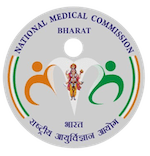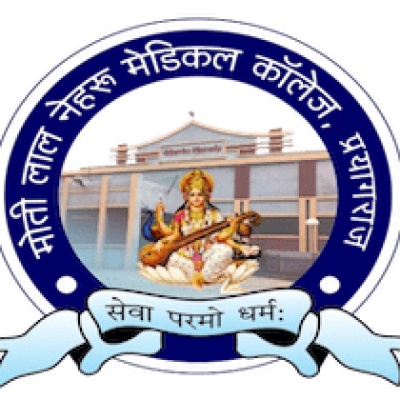PG Diploma
Introduction and Overview
Program Objectives: What the diploma aims to achieve.
Career Opportunities: Potential career paths and job roles.
Industry Relevance: How the program aligns with current industry trends.
Core Modules
These are the foundational subjects essential to the field of study.
Module 1: Advanced Theory
– In-depth study of fundamental theories and principles.
– Application of these theories in practical scenarios.
Module 2: Practical Skills
– Hands-on training or laboratory work.
– Case studies and real-world problem-solving.
Module 3: Research Methods
– Techniques for conducting research.
– Data analysis and interpretation.
- Specialized Modules
These modules focus on niche areas within the field.
Module 4: Industry-Specific Topics
– Advanced topics relevant to specific industries.
– Emerging trends and technologies.
Module 5: Project Management
– Planning and executing projects.
– Risk management and resource allocation.
- Elective Modules
Optional subjects that allow students to tailor the program to their interests.
– Elective 1[Specific elective related to the field]
– Elective 2[Another elective with a focus on a different aspect or emerging trend]
- Capstone Project or Dissertation
– Project Overview: A substantial project or research paper demonstrating the application of learned concepts.
– Objectives: Define the scope and objectives of the project.
– Methodology: Outline the methods used for research or project execution.
- Assessment and Evaluation
– Exams: Written or practical examinations assessing understanding and skills.
– Assignments: Essays, reports, or practical tasks.
– Presentations: Oral presentations of research or projects.
- Professional Development
– Workshops and Seminars: Additional sessions to enhance skills and knowledge.
– Networking Opportunities: Events or platforms to connect with industry professionals.
- Conclusion and Certification
– Program Summary: Recap of what was covered.
– Certification: Awarding of the diploma upon successful completion.
- Additional Resources
– Recommended Readings: Books and articles for further study.
– Online Resources: Relevant websites and online courses.
– Support Services: Academic advising, career counseling, etc.



